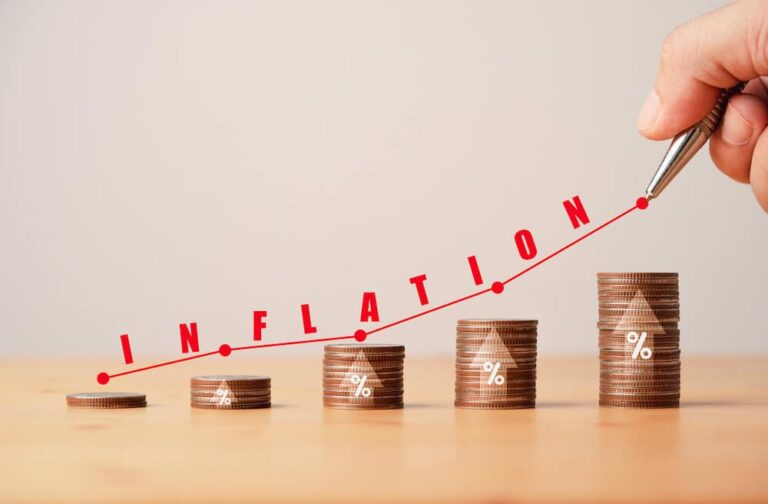Nigeria’s private sector is cautiously optimistic as recent government reforms show early signs of stabilizing the economy. Abdul Samad Rabiu, chairman of BUA Group, highlighted these improvements following a meeting with President Bola Tinubu in Abuja, noting that businesses are beginning to feel relief from soaring costs and volatile exchange rates.
One of the most visible outcomes has been in food prices. Duty waivers on key imports, particularly wheat, have enabled manufacturers to cut production expenses, with flour, pasta and semolina seeing modest declines. Economists say while food inflation remains high, the pace of increase is slowing — a shift that could continue if exchange-rate stability is sustained.
The naira has also strengthened to below ₦1,500 per dollar after months of record lows. Business leaders credit tighter monetary policies and reduced speculative activity for the gains. Many companies are now sourcing foreign exchange through private banking channels rather than relying solely on the Central Bank, signaling growing confidence in the system.
Industry players, however, caution that the full benefits of reforms will take time. Structural adjustments, including the removal of fuel subsidies and exchange-rate unification, have increased short-term hardship but are viewed as laying the groundwork for sustainable growth.
Rabiu emphasized that predictability and long-term planning remain the priority for investors. “Businesses are willing to adapt if reforms ensure a stable environment for production, job creation and investment,” he noted.
BUA Group, with major interests in cement, food processing and sugar refining, continues to expand capacity despite the tough climate, reflecting the private sector’s role in driving Nigeria’s economic recovery.
As reforms unfold, the government and industry alike are betting that today’s sacrifices will set the stage for a more resilient economy tomorrow.

